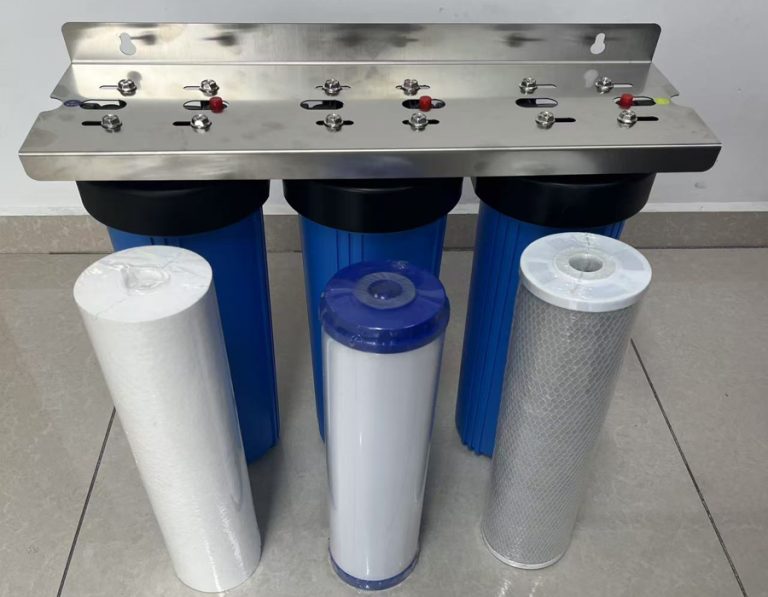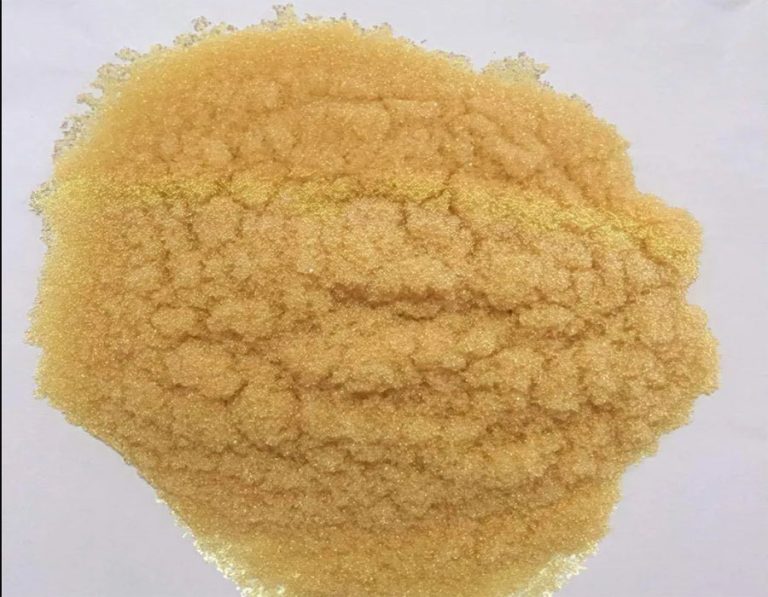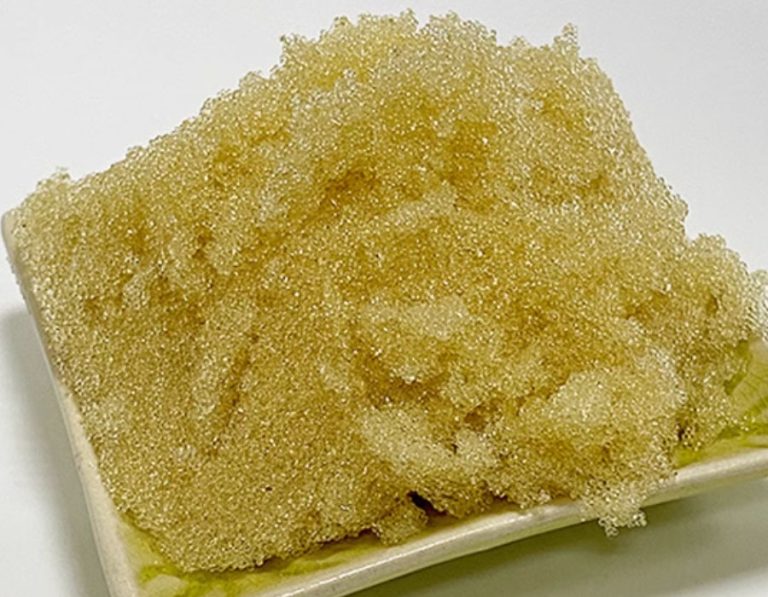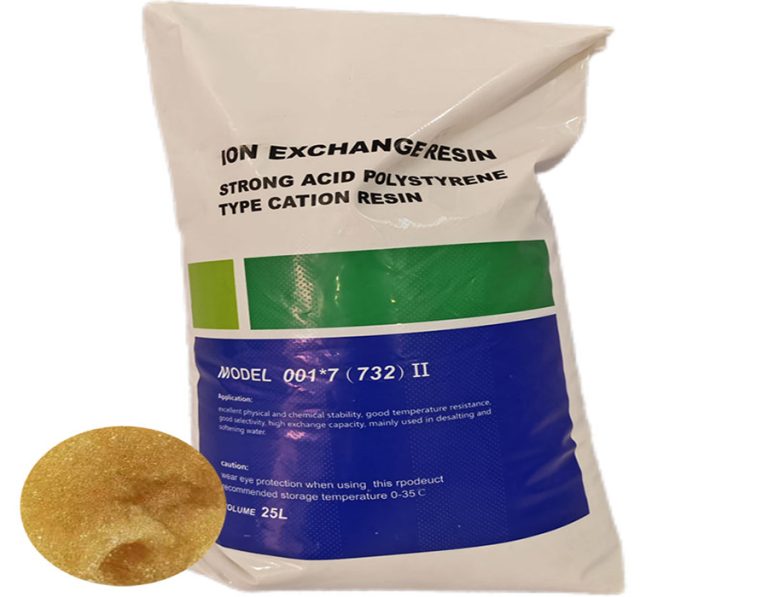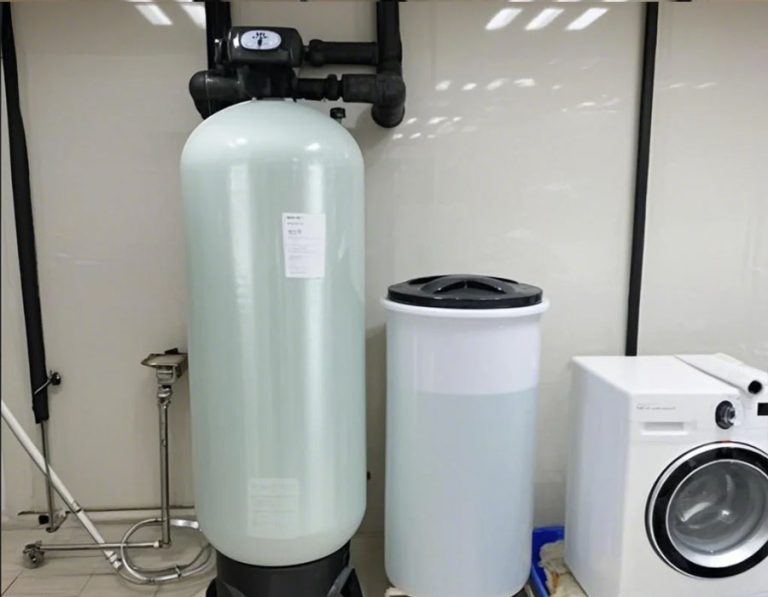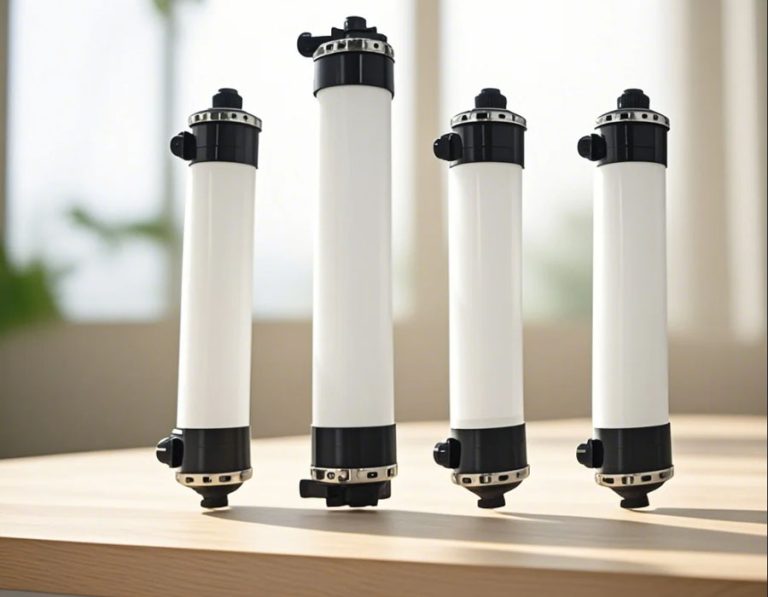One stop supplier of water treatment parts&accessories
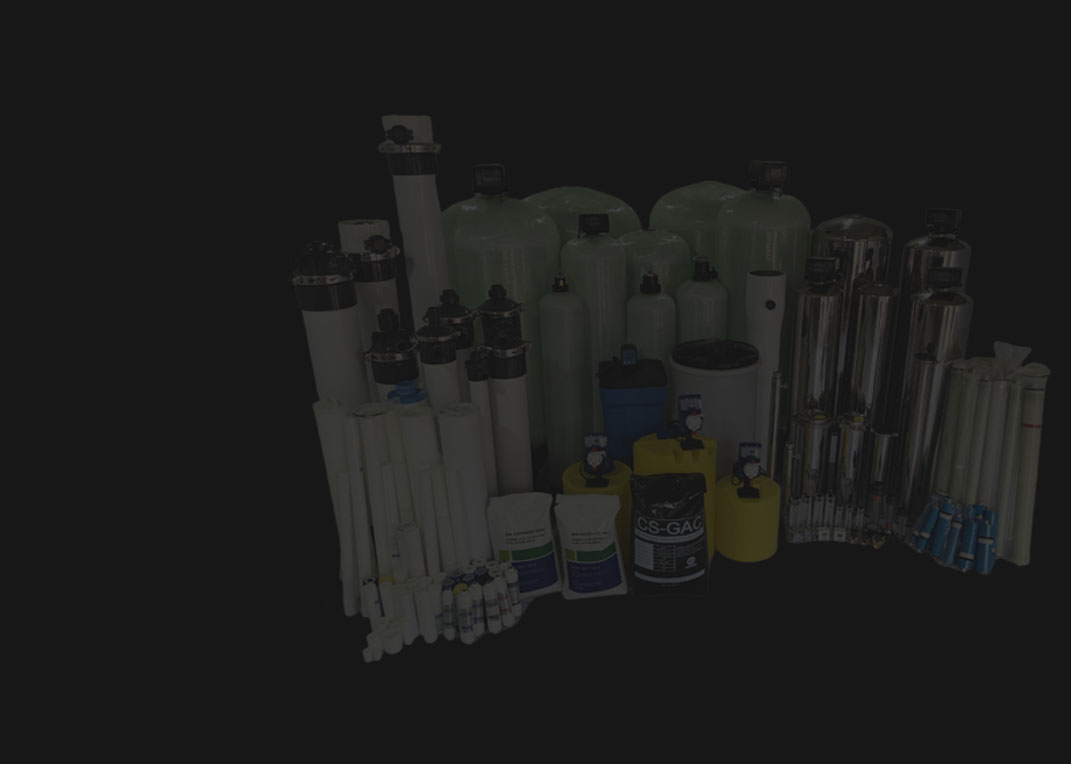
Whole House Water Filter vs Water Softene
Whole House Water Filter vs Water Softener: Which is Best for Your Home?
Struggling with Whole hard water stains, chlorine taste, or frequent appliance repairs? Choosing between a whole house water filter vs water softener can be challenging. This comprehensive guide compares their performance, costs, and applications to help you make an informed decision.
The Hidden Costs of Poor Water Quality
- Health Risks:
Unfiltered water may contain lead, pesticides, or bacteria. Chlorine in tap water can cause skin irritation and respiratory issues. - Appliance Damage:
Hard water minerals reduce dishwasher efficiency by 30% and shorten water heater lifespan by 50%. - Daily Annoyances:
Soap scum, dull laundry, and limescale buildup turn simple tasks into frustrating chores.
Key Question🙁Whole House Water Filter vs Water Softene)
Should I install a whole house water filter vs water softener to solve these problems? Let’s explore the options.
The Power of Whole House Water Filters
How They Work
These systems use physical barriers (sediment filters), chemical absorption (activated carbon), or advanced membranes (reverse osmosis) to remove contaminants.
Core Benefits:
- Improved Taste & Smell: Eliminates chlorine, heavy metals, and organic compounds
- Health Protection: Reduces fluoride, pesticides, and pharmaceuticals
- Extended Appliance Life: Prevents sediment-related wear on pipes and machines
Types of Filters:
- Sediment Filters: Trap dirt, sand, and rust particles
- Carbon Filters: Absorb chemicals and improve odor
- Reverse Osmosis (RO) Systems: Remove up to 99% of dissolved solids

The Advantages of Water Softeners
How They Work
Whole House Water softeners use ion exchange technology to replace calcium/magnesium ions with sodium/potassium.
Key Advantages:
- Softer Water: Reduces scale buildup in pipes and appliances
- Cost Savings: Lowers energy bills by improving heating efficiency
- Skin & Hair Benefits: Soap lathers better, reducing dryness and irritation
Maintenance Requirements:
- Requires regular salt refills
- Annual resin bed replacement (every 10-15 years)
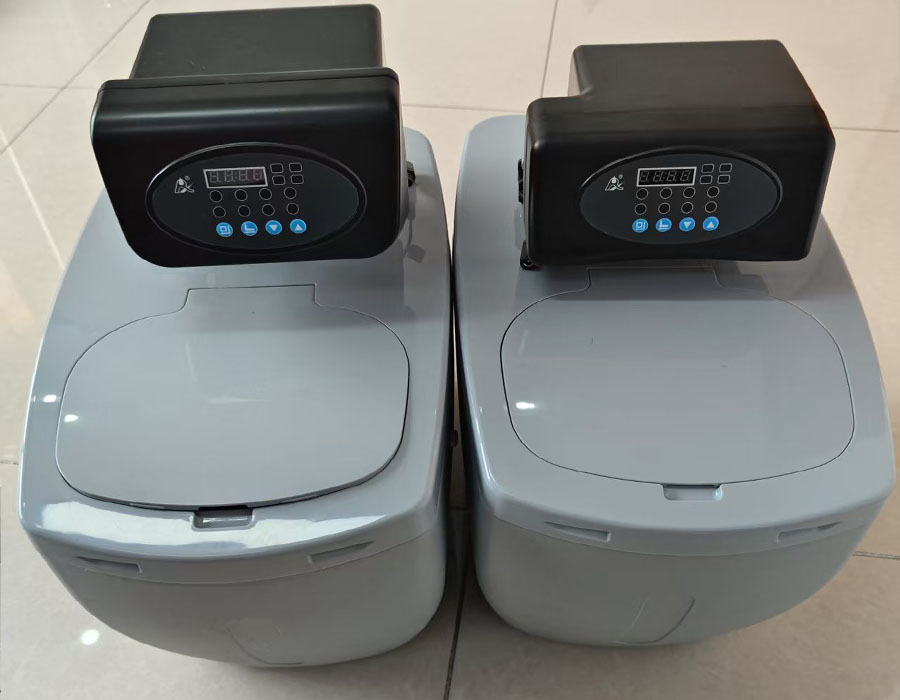
Whole House Water Filter vs Water Softener: Head-to-Head Comparison
Performance
| Feature | Water Filter | Water Softener |
|---|---|---|
| Main Function | Remove contaminants | Remove hardness minerals |
| Result | Clean, safe drinking water | Softer water for bathing |
| Mineral Removal | Yes (depending on type) | Yes (replaces with Na/K) |
Cost Analysis(Whole House Water Filter vs Water Softene)
- Initial Investment:
- Filters: $500-$3,000
- Softeners: $800-$6,000
- Long-Term Costs:
- Filters: $100-$300/year (replacements)
- Softeners: $200-$500/year (salt and maintenance)
Ideal Scenarios
- Filters are Best For:
- Homes with well water
- Areas with high chlorine or heavy metals
- Families prioritizing drinking water quality
- Softeners are Best For:
- Hard water regions (>70 ppm)
- Homes with frequent plumbing issues
- Households concerned about soap scum
Case Study: Hybrid System in Seattle, WA
Household Challenges:
- High iron content (3.5 ppm)
- Water hardness: 150 ppm
- Complaints about rust stains and dry skin
Solution:
- Installed whole house sediment filter + carbon filter
- Added ion exchange water softener
- Under-sink RO system for drinking water
Results:
| Parameter | Before | After | Improvement |
|---|---|---|---|
| Iron Content | 3.5 ppm | 0.1 ppm | 97% |
| Water Hardness | 150 ppm | 30 ppm | 80% |
| Water Heater Repairs | 2/year | 0/year | 100% |
| Skin Hydration | 45% | 72% | 60% |
Choosing the Right System for Your Home
1. Water Quality Analysis
- Test Kit: Check hardness, pH, and contaminants
- Lab Testing: For detailed mineral composition
2. Budget Considerations
- Entry-Level: $500-$1,000 (basic filter or small softener)
- Mid-Range: $1,500-$4,000 (hybrid systems)
- Premium: $5,000+ (commercial-grade RO + softener)
3. Hybrid Solutions
For optimal results, combine both systems:
- Filter First: Remove sediments and chemicals
- Soften Next: Reduce mineral buildup
- RO Final: Ensure pure drinking water
FAQ: Common Questions Answered
Q: Can I use a water filter instead of a softener?
A: Filters remove contaminants but don’t address hardness. For hard water, a softener is still needed.
Q: Do water softeners waste water?
A: Yes—regeneration cycles use 10-15 gallons of water per cycle. Choose models with low-flow technology.
Q: How often should I replace filters?
A: Sediment filters: 3-6 months. Carbon filters: 6-12 months. RO membranes: 2-3 years.
Q: Are salt-free softeners effective?
A: They prevent scaling but don’t remove minerals. Best for mild hardness (<100 ppm).
Final Recommendations
If your primary concern is water hardness, invest in a quality water softener. For contaminant removal, choose a whole house filter system. In many cases, a combination of both provides comprehensive protection. Always consult a professional plumber to design a customized solution based on your specific needs.


